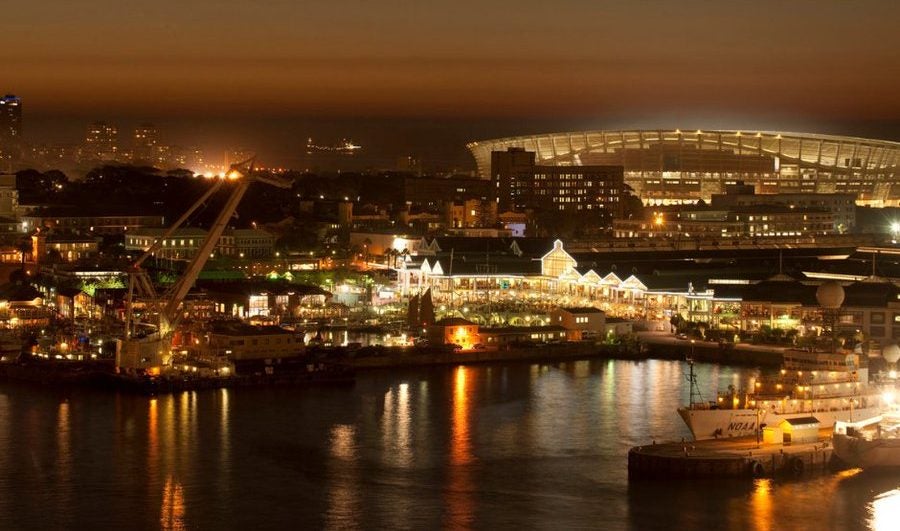
South African food manufacturer RFG Holdings said it will take further pricing initiatives to recover high input costs.
The canned fruit and vegetables to frozen pies, infant meals and spices maker has also committed to carry on with a programme of installing alternative-energy sources at its plants to counter the country’s load-shedding, or power outages.

Discover B2B Marketing That Performs
Combine business intelligence and editorial excellence to reach engaged professionals across 36 leading media platforms.
Reporting its annual results for the year ended 1 October, RFG recorded an 8.7% year-on-year increase in revenue to R7.9bn ($421.1m) with that growth being driven by pricing of 12.9%.
Speaking to analysts to discuss the results, CEO Pieter Hanekom said: “We will continue to focus on input-cost recovery to sustain margins.”
The company said that while input-cost increases have moderated in most categories, tinned cans and paper packaging costs in particular remain high.
RFG, which saw its operating profit increase by 32% to R757m, admitted that lower consumer spending and competitor promotional activity resulted in volume pressure in certain product categories as total group volumes declined by 8.3% year-on-year.

US Tariffs are shifting - will you react or anticipate?
Don’t let policy changes catch you off guard. Stay proactive with real-time data and expert analysis.
By GlobalDataHanekom said the “low economic growth environment” continued to put pressure on volumes.
The company exports its products around the world with North America and Europe being amongst its major markets. International revenues were up 5.3% compared to last year as a result of “strong international selling prices and the tailwinds from the weaker rand” but were offset by a 13.6% volume decline.
Export shipments were hampered by congestion at the Cape Town port. The port delay is currently averaging 12 to 16 days. Replying to an analyst’s question on the issue, Hanekom said “products are being shipped but a bit later”.
Like all South African manufacturers, RFG has had to cope with regular power outages in the country and to deal with this it has “invested extensively” in back-up power generation over the past seven years, with a further R25m spent on new and replacement generators in the reporting period. Diesel costs to operate generators totalled R65.7m for the year.
It is also investing in alternative energy. By year-end, solar energy solutions had been installed at seven production facilities while another four installations are planned. All but three of its sites will have solar energy capacity by the end of FY2024, the company said.
Earlier this week, South African poultry major Astral Foods posted its first annual loss, blaming headwinds including load-shedding, bird flu and high feed costs.





